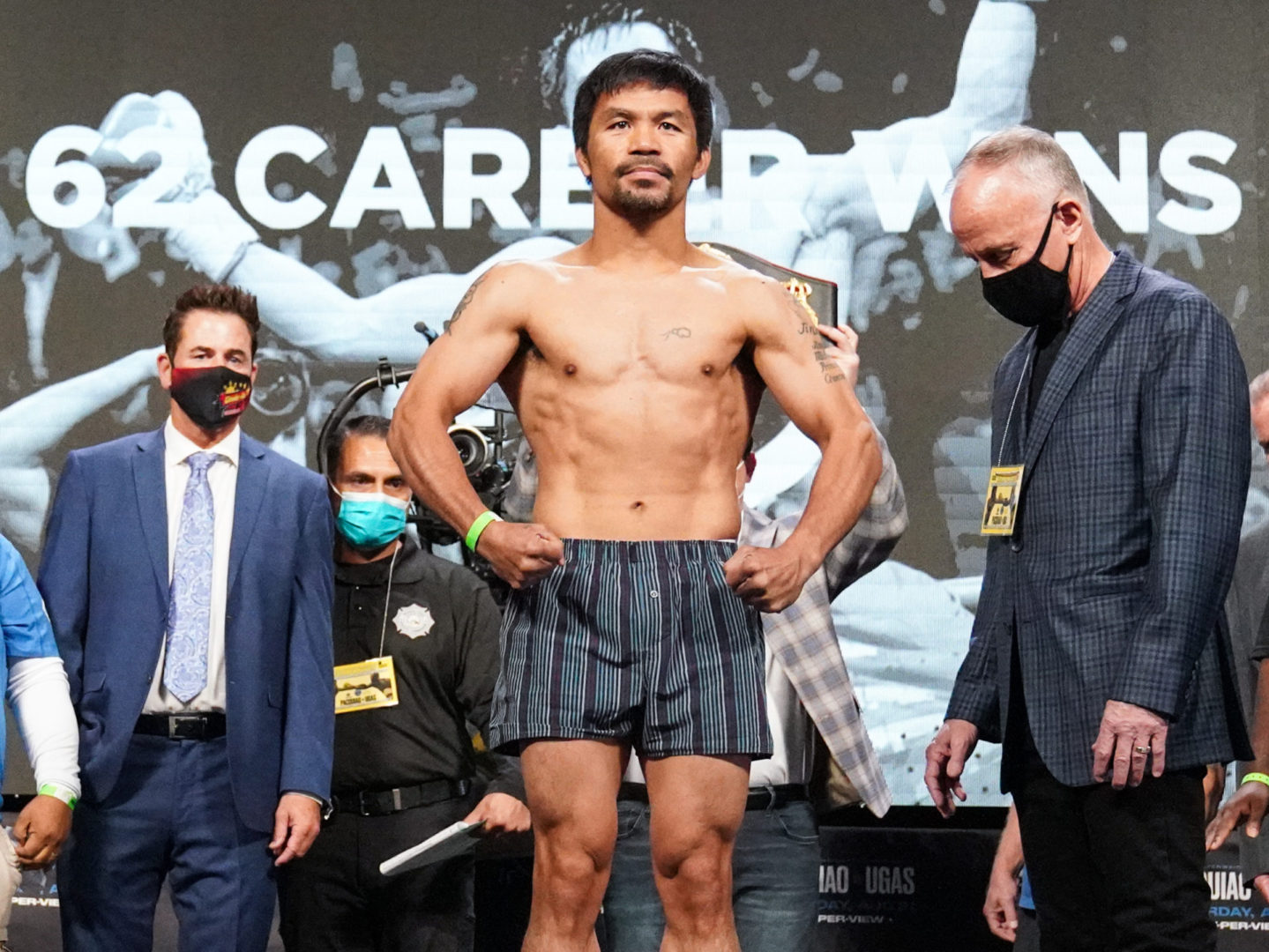Most American prizefighters are damaged necessarily, damaged from taking others’ fists and hopes, damaged by youthful experiences that guided them through amateur boxing’s comparative tenderness to a career hurting others. In this era when most Americans who cover prizefighting do so without compensation, it is fair to assume a fair number of us, too, are damaged, and as much as we chose to write about prizefighting because it is one of three sports, with baseball and golf, that reliably lend themselves to good writing, we also got chosen by prizefighting in a way neither golf nor baseball chose us.
Monday was unexpectedly pleasant for me. Summoned for jury duty, my first as a resident of Lone Star State, at the Bexar County Courthouse – an edifice majestic as the county comprises, something one can say for a courthouse in most any Texas county – I sat in an enormous room with crisp air, a delightful rarity in these parts from now till October, and comfortable chairs and sternly polite strangers and wonderfully absent television sets (those are kept in adjoining rooms with walls thick enough to be soundproof).
From eight in the morning till the last jury panel was threatened but not assembled at nearly four in the afternoon, I read George Saunders’ “CivilWarLand in Bad Decline,” a collection of six short stories and one novella that are absurd and violent, primarily, but also imaginative and humorous and the standard to which contemporary American satirists should aspire. A day or so later, I happened on the recently published text of Saunders’ address to Syracuse University’s class of 2013, a speech that could be titled “Try to be Kinder,” and thought it was all too coincidental, or if it wasn’t, well, what was happening in our sport this week that I couldn’t wander off the left/right/left path?
Vulnerability, it seems, is the best place to follow Saunders’ convocational advice, and prizefighting is fine a place as anyone might look for vulnerability – its expression and discovery and expression. So is the writing it inspires, or perhaps more ably put: so are those who write about our sport. There is a disappearing middleground in our craft (I had “business” there at first, but it looked preposterous), like so much of American life, lamentably enough, and we now line up on a side that is either too gracious or not fractionally gracious enough. If as the old saw has it, academic politics are vicious because their stakes are small, boxing-writing’s stakes, tiny by comparison, have brought a proportionate viciousness that is profoundly offputting to the very few persons who still care what we do.
For years I believed this was an unpleasantness blogs wrought – young writers proselytized by misanthropic editors telling them one’s soul, or at least his backbone, was traded for a ringside credential – but now see I was wrong, as increasingly our clan’s comity is undermined by men who should expect to see one another at ringside this year, an actuality that tends to govern tongues and once governed keyboards. “Please don’t bring this pettiness to ringside” – that is what I find myself thinking as I peruse Twitter, an activity that once made every hour’s last five minutes at my dayjob nearly euphoric but now discomfits me more than my dayjob.
Ringside, you see, is a gracious place; it’s where the very voice of Arizona boxing, Norm Frauenheim, spoke to a first-year boxing writer about the craft, for hours at a time, many times, simply because they were sat beside one another and the young writer had questions and questions, and because Frauenheim is the first boxing person I thought of while reading Saunders’ address; ringside is where online boxing-writing’s trailblazer, Doug Fischer, made a point of being friendly and vulnerable with any young writer who introduced himself, and interrupted his own deadline reporting to jog to row’s end and pose for pictures with ticketholders; ringside is where our craft’s most celebrated practitioner, Thomas Hauser, still goes hours before he is due in a main-event fighter’s dressing room, to sit with young writers and impart wisdom about boxing and things that have nothing to do with boxing.
One trip to a Major League Baseball pressbox: that’s what it took to convince me how special ringside was, with its jovial regulars and enthusiastic newcomers and everyone ready to answer standard inquiries from their neighbors, like “Did you get the time on that one?” or “But it was a left hook that started it, no?” That MLB pressbox was, as my host would later call the Associated Press tent at the Beijing Olympics, the unhappiest place on earth, one filled with large suspicions and mean jealousies, reporters shoulder-blocking laptop monitors lest someone with a Visitors badge steal their peerless prose and decide, on second thought, the catch by the centerfielder in the third inning was actually unbelievable, not amazing.
See that, what’s above? It’s ungracious, and were this not a piece, in part, about vulnerability, it’d get struck on rewrite, but it will stand for purposes of illustration. There is no reason not to be gracious to one another, to suspect the other guy is doing his best the same as I am, to forego occasionally the hasty and public rebuttal, safe in the knowledge none of it will be remembered by the damaged people who now anonymously cheer it on.
Damaged is good a word as any for them, for us, a word to invoke empathy from most who read this. A desire to cover prizefighting, men who beat one another for money, percolates upwards from a spring of injury often as a willingness to beat another man for money does. Most of us who write about this sport, and a goodish number of our readers, are damaged, simply, complicatedly, and what good might come of damaging one another further, for free?
Bart Barry can be reached at bart.barrys.email (at) gmail.com









